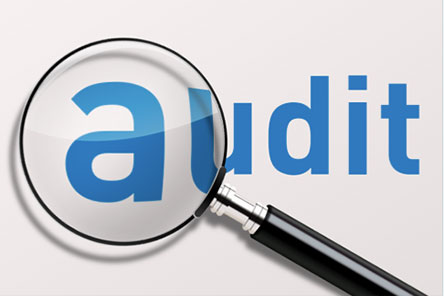Zim to adopt new audit report standards

Oliver Kazunga Senior Business Reporter
ZIMBABWE is set to adopt new audit reporting standards meant to enhance transparency in business accounting and auditing in order to attract foreign direct investment. Following the global financial crisis of 2008, the International Auditing and Assurance Standards Board (IAASB) has come up with a new auditors’ report called the Long-Form Audit Report, which is more detailed than the previous auditors’ report.
The Public Accountants and Auditors Board (PAAB) vice chairman, Brian Njikizana, said Zimbabwe conforms to the IAASB hence the need to adhere to the requirements of the new auditors’ report.
“Regulators have asked for early adoption of the Long-Form Audit Report by December 2015 and if that doesn’t happen, it has to be adopted by December 2016,” he said in an interview on the sidelines of the International Financial Reporting Standards and Business Seminar in Bulawayo on Friday.
“As of now, professionals in accounting and auditing won’t know (of early adoption or not) until the PAAB makes a decision. By next week, a decision would’ve been made,” he said. Njikizana said the Long-Form Audit Report would have more details than the previous auditors’ report.
“It’ll include the audit’s key matters that require significant effort from the auditor and those from the audit committee particularly matters that require a lot of judgments. The new auditors’ report will also include details on the matters that took the auditor’s time in compiling the report; issues that would’ve been discussed with the directors in compiling the report.
“This will be done to achieve greater transparency in the accounting and auditing field and may attract the much needed foreign direct investment,” he said. “The Long-Form Audit Report will enhance value to users of financial statements for companies.” Users of financial statements include potential investors, shareholders, and regulators among others.
Njikizana said the new auditors’ report would go a long way in establishing robust interactions and communication among users, auditors and those responsible with corporate governance. Of late, concerns have been raised that auditors have failed to pick anomalies in companies.
For example, in the financial services sector, banks folded after auditors had certified them sound.












Comments